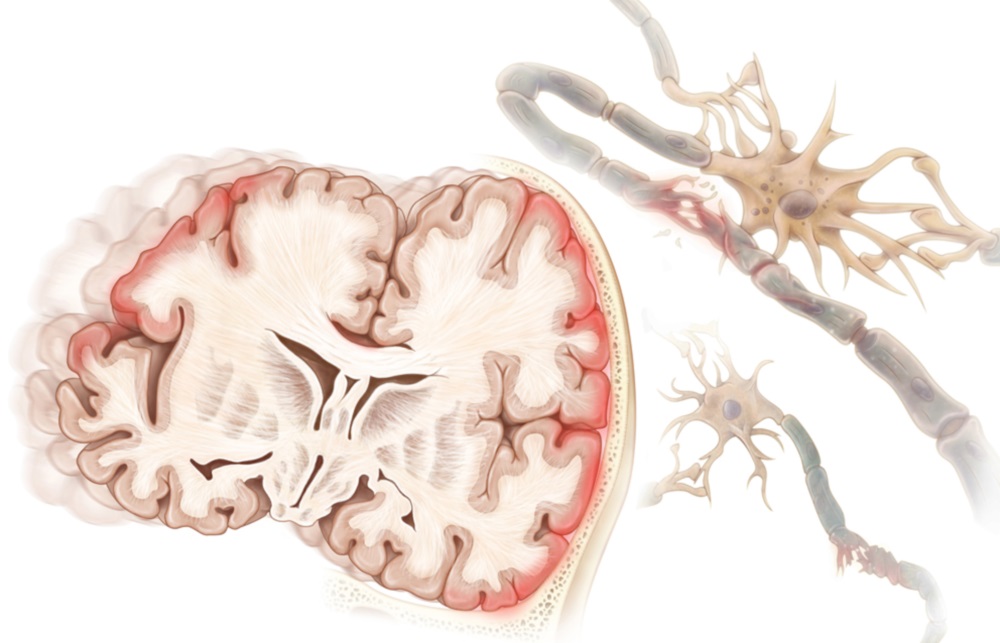![]()
Gincy Heins put together this inspiring anthology of hope, courage, and love.
Proceeds will help several Alzheimer’s groups.
Please share!
Posts tagged as “Dementia”

From the outset, a dementia diagnosis necessitates services and care that bring about a mountain of expenses.
Following a dementia diagnosis, people generally live an average of 4.5 years.
Even for those with supplemental long-term care insurance, these care costs can be significant.
Planning ahead can make all the difference between effectively managing the financial burden of a dementia diagnosis and sustaining severe financial hardship.
The big pictureIf you or a loved one is diagnosed with any form of dementia, the financial stakes are high.

Ionis Pharmaceuticals (IONS) rocketed in early trading Friday after announcing a $1 billion deal with Biogen (BIIB) to develop treatments for neurological diseases like dementia, following up the success they've had with Spinraza.
The firms plan to work on neurological diseases including dementia, neuromuscular diseases, movement disorders, ophthalmology, inner-ear diseases and neuropsychiatry.
Biogen And Ionis Deepen PartnershipUnder the terms of the deal, Biogen will pay Ionis $1 billion.
The deal announced Friday extends the collaboration under which the two companies developed Spinraza, a treatment for spinal muscular atrophy.
"There is no better partner for Ionis to develop new antisense drugs to treat neurological diseases than Biogen," Ionis Chief Executive Stanley Crooke said in a prepared statement.

In a rare series of moves, Dutch authorities are investigating whether doctors may have committed crimes in five euthanasia cases, including the deaths of two women with advanced Alzheimer’s disease.
The investigations highlight the difficulties doctors face in handling euthanasia requests for those who later develop dementia.
Whether Dutch authorities prosecute the doctors in the two Alzheimer’s cases being investigated will likely set a course for how the increasing numbers of people with dementia who seek euthanasia will be handled.
The doctor said she was fulfilling a written request the patient made for euthanasia years earlier and that since the patient was not competent, nothing the woman said during her euthanasia procedure was relevant.
Dr. Amanda Thompsell, chair of old-age psychiatry at Britain’s Royal College of Psychiatrists, said it can be risky to assume how much a dementia patient is suffering mainly by observing them.

A new international study led by University of Sydney has found that medication use increases in newly diagnosed dementia patients, particularly unnecessary or inappropriate medications.
The number of people living with dementia around the world is 50 million and in Australia is currently 425,000.
Potentially inappropriate or unnecessary medications included sleeping tablets, pain drugs, depression drugs and acid reflux drugs (proton pump inhibitors).
"Further efforts are clearly needed to support better recognition of potentially inappropriate medications to minimise possible harms and warrants interventions to minimise such prescribing.
"Deprescribing unnecessary medications may improve an individual's quality of life and can reduce unnecessary healthcare cost."
![]()
Her mother’s dementia, like Montana weather, stormed through her home, unbidden and treacherous.
Every part of me hurt for my mom and what I didn’t do for her.”Eventually, the daughter drifted back to sleep.
I was writing about dementia, the cruelty of it, the guilt that I carry about my mom’s death, and my role in it.
She loved me unconditionally, gave me life and more support than a daughter could ever hope for.
They said they would be there for us to manage her end of life care.

In February, the Consortium for Detecting Cognitive Impairment, Including Dementia (DetectCID) held its kickoff meeting in San Francisco.
Neurology Today spoke with Roderick Corriveau, PhD, program director at the NINDS, about the problem of dementia detection in the U.S. and about DetectCID.
Cognitive impairment including dementia is really severely underdiagnosed in the United States.
We want to try to achieve this goal of detecting dementia in primary care by focusing on the simplicity of the problem.
There is going to be multisite development and consortium-based validation of paradigms for detecting cognitive impairment in primary care.

In a collaboration between Wave Life Sciences and UMass Medical School, scientists aimed to target RNA molecules that contain the G4C2 expansion using tiny stereopure ASO molecules, which bind to RNA.
With this approach, investigators intended to prevent the accumulation of the abnormal molecules while avoiding changes in C9orf72 protein levels.
They then confirmed the activity of these ASO sequences in patient-derived fibroblasts and in mouse neurons under a microscope.
Researchers optimized the ASO chemistry, which resulted in potent, stereopure ASOs, as confirmed in the activity assays.
“These results suggest that preferential targeting of repeat-containing transcripts using stereopure ASOs may be a viable therapeutic approach for the treatment of ALS and [frontotemporal dementia],” the researchers wrote.
![]()
Last month, the initial column in our series on dementia discussed dementia as a progressive biological brain disorder that makes it difficult for those diagnosed to think and communicate clearly and to even take care of themselves.
This month, in part two of our series, we discuss practical strategies for caregivers who manage others with dementia.
It is important to remember that a person with dementia cannot control behavior caused by their dementia.
• Bathing: Forgetting proper hygiene, such as bathing, combing hair, brushing teeth and changing clothes are common among people with dementia.
Never leave a person with dementia unattended in a bath or shower and have all necessary bathing products in place for ease of use.

Traumatic Brain Injury Associated With Increased Risk for DementiaShare this content:linkedingoogleEmailPrintResearchers in Denmark conducted a nationwide observational cohort study with 2.8 million adults at risk for dementia for a total follow-up period of 27.6 million person-years between 1999 and 2013.
Research published in The Lancet found that traumatic brain injury (TBI) was associated with an increased risk for dementia compared with no history of TBI or with non-TBI trauma.
The risk for dementia also increased with an increased number of TBIs; patients with ≥5 TBIs had a significantly higher risk (HR 2.83; 95% CI 2.14-3.75) than patients with 1 TBI (HR 1.22; 95% CI 1.19-1.25).
Men with a history of TBI were at a slightly higher risk for dementia than women with the same history.
Long-term risk of dementia among people with traumatic brain injury in Denmark: a population-based observational cohort study [published online April 10, 2018].
